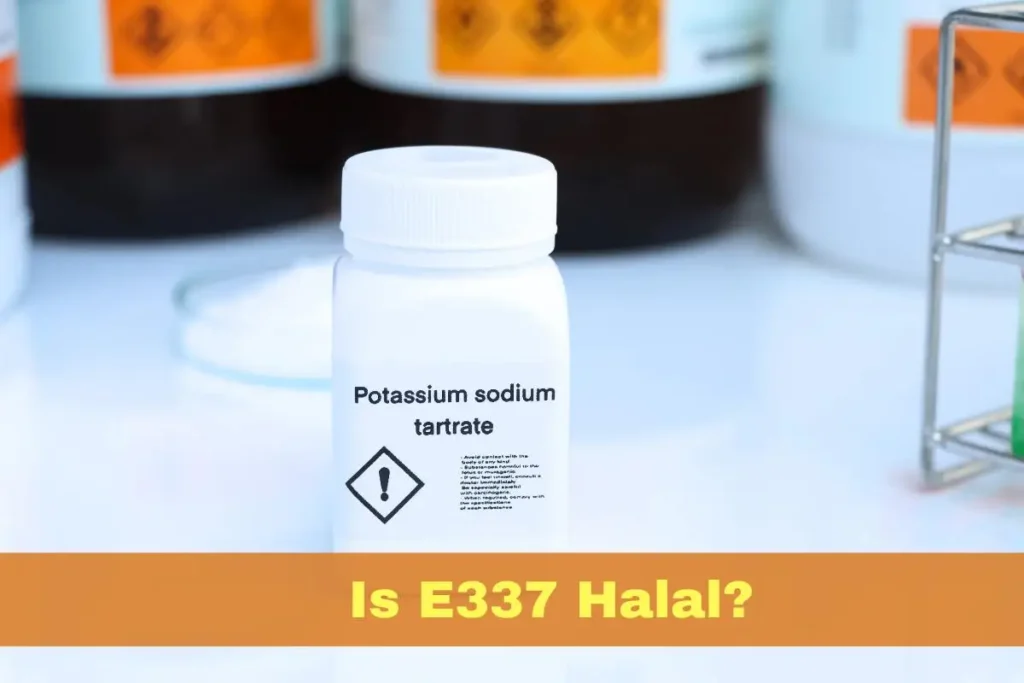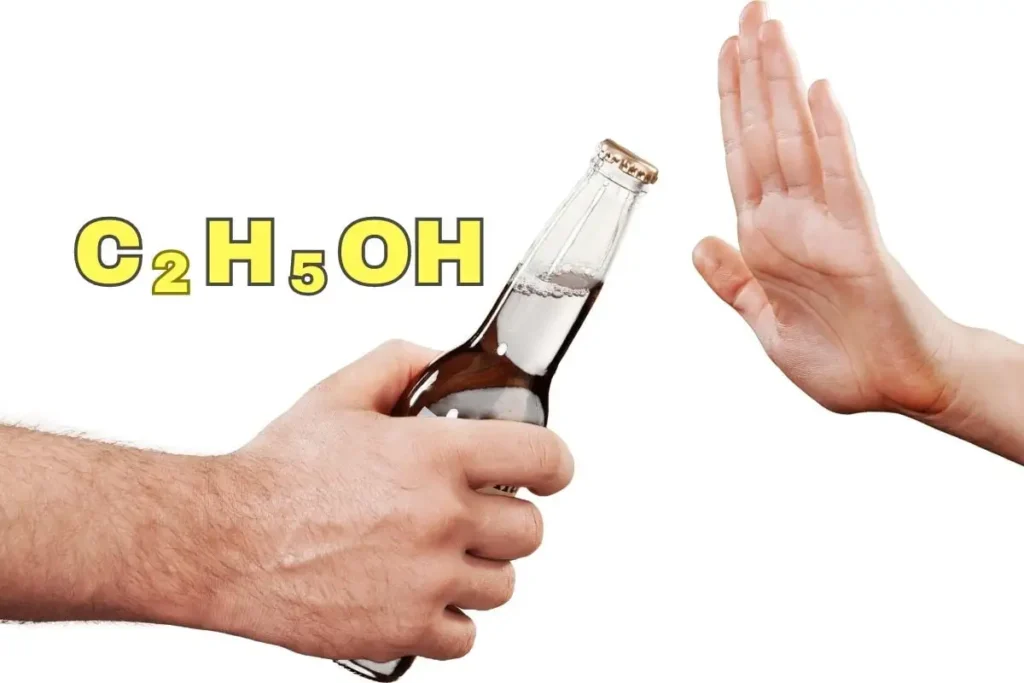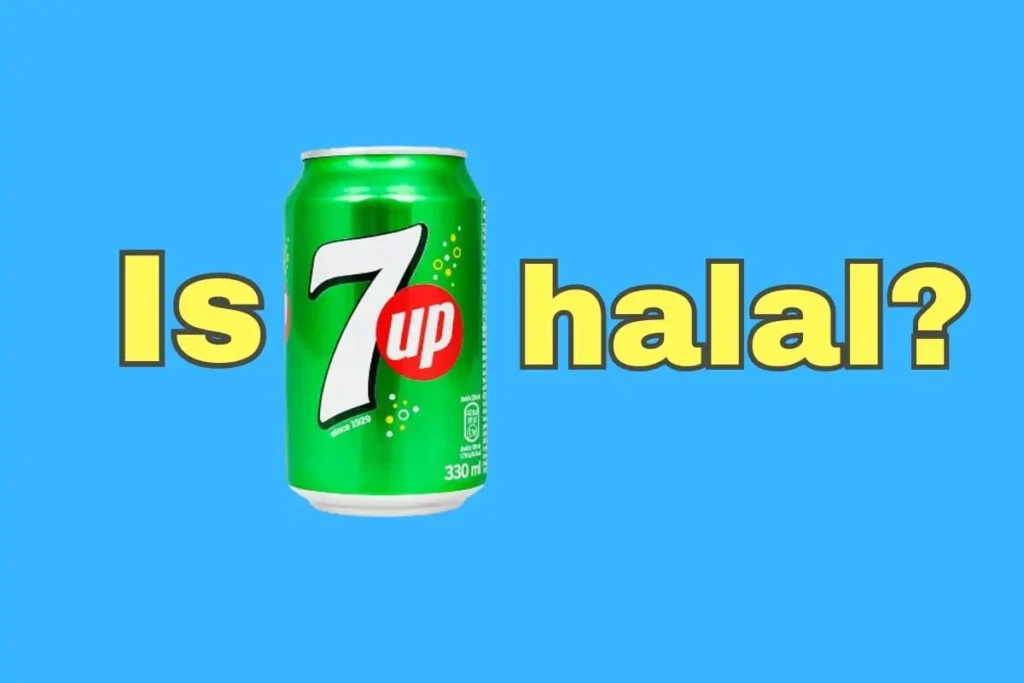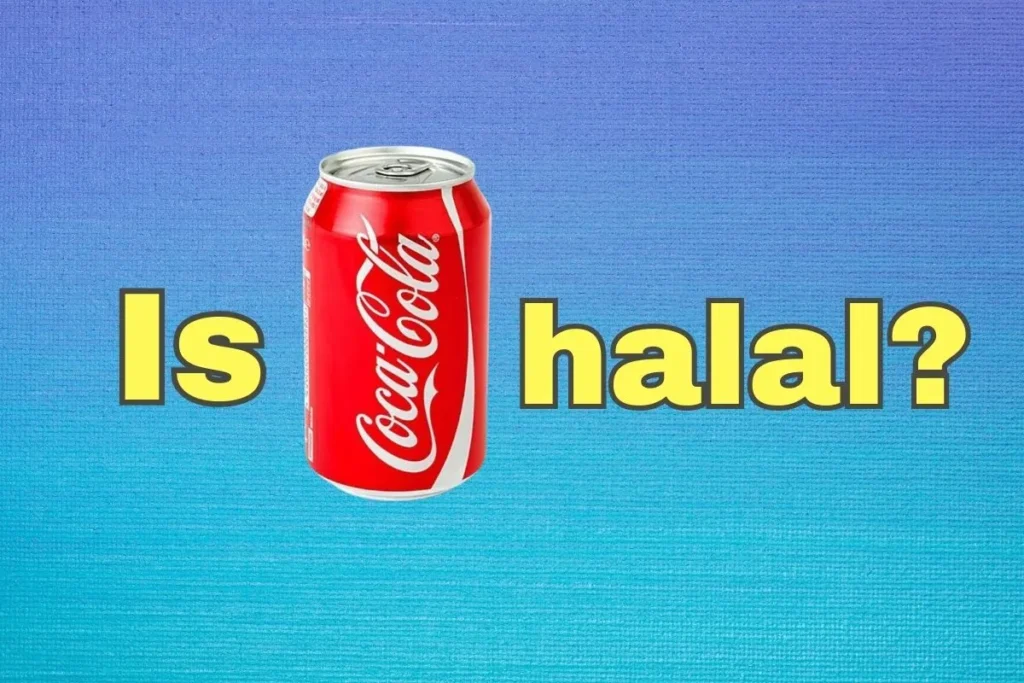E337, also known as potassium sodium tartrate, is a food additive that serves as an emulsifier, stabilizer, and sequestrant in various food products. But is E337 halal? Let’s take a closer look.
Key Takeaways
| 📌 E337, also known as potassium sodium tartrate, is a food additive used as an emulsifier, stabilizer, and sequestrant in various food products. |
| 📌 E337 is derived from tartaric acid, which occurs naturally in grapes and other plants. It is commonly used to prevent crystallization of sugar in candies and frostings and as an anti-caking agent in baking powder. |
| 📌 The halal status of E337 depends on its source. If it is derived from halal sources like grapes or tamarinds, it is generally considered halal. However, due to doubts about its halal status, it is a potential concern for those following halal dietary practices. |
What is E337?
Potassium sodium tartrate (E337) is the double salt of tartaric acid. It is produced from tartaric acid, which occurs naturally in many plants, particularly grapes. Tartaric acid is what gives the wine its tart flavor.
E337 is commonly used as an additive in food products to stabilize, emulsify, and increase shelf life. It helps prevent sugar from crystallizing in things like candy and frosting. E337 is also sometimes used in baking powder or as an anti-caking agent.
Chemical Structure
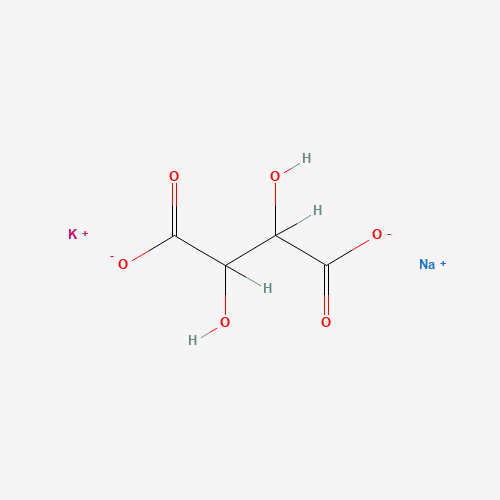
The chemical structure of E337 is KNaC4H4O6. It consists of a potassium cation, a sodium cation, and a tartrate anion. The tartrate anion has a double bond and four carboxyl groups.
What is E337 Made From?
E337 can be produced from natural raw materials or synthetically.
The natural source is grapes or tamarinds. Tartaric acid is extracted from these fruits and then reacted with sodium hydroxide and potassium hydroxide to form potassium sodium tartrate.
Specifically, E337 sodium potassium tartrate is made by combining two key ingredients:
- Potassium bitartrate – This is a potassium salt of tartaric acid, derived from grape must (unfermented grape juice). Potassium bitartrate crystallizes out of wine during the fermentation and aging process.
- Sodium tartrate – Similarly derived from tartaric acid, this is the sodium salt form.
To produce E337, equimolar amounts of potassium bitartrate and sodium tartrate are dissolved in water. This creates sodium potassium tartrate through an ion-exchange reaction between the potassium and sodium ions.
So in summary, E337 sodium potassium tartrate is made by combining potassium bitartrate and sodium tartrate in solution. Both of these initial components are derived from tartaric acid, which naturally occurs in grapes.
Possible Side Effects
E337 is generally recognized as safe (GRAS) by the FDA. There are no known side effects for most people when used in moderation.
However, those with sensitivities or allergies to tartrazine or other tartrates may experience mild stomach discomfort, diarrhea, or skin rash after consuming E337. The acceptable daily intake is not specified.
Regulations and Guidelines
E337 is approved for use as a food additive in the United States, Canada, Australia, New Zealand, and the European Union. It is listed under INS number 337 in the Codex Alimentarius.
Maximum levels vary by food product category. For example, the EU sets a maximum level of 10,000 mg/kg in decorations, coatings, and fillings, while Australia and New Zealand allow up to 330 mg/kg in bakery products.
Dosage and Administration
The Joint FAO/WHO Expert Committee on Food Additives (JECFA) has not specified an acceptable daily intake (ADI) level for E337, meaning it is not considered hazardous.
Typical usage levels are quite low, ranging from 0.1% to 0.3% of the food product weight. For baked goods like cakes, the maximum is 0.5%. Higher levels can impart an undesirable taste.
Is E337 Halal or Haram?
Most Islamic scholars consider E337 to be halal, provided it is produced from halal sources like grapes, tamarinds, or synthetic production methods. However, E337 is derived from tartaric acid, and there are doubts about its halal status, making it a potential concern for those following this dietary practice.
Find out more:
Is E336 Halal or Haram?
Is E338 Halal or Haram?
Conclusion
E337, also called potassium sodium tartrate, is a food additive with diverse applications, including stabilizing and enhancing the shelf life of food products. It originates from natural sources like grapes and tamarinds and is typically considered safe.
However, its halal status hinges on its source and production methods. When making dietary decisions, it’s crucial to weigh its safety and alignment with your religious principles.
Allahu A’lam (Allah Knows Best)
FAQ
What is the source of E337?
E337 can come from grapes, and tamarinds or be synthetically produced. Checking the source on ingredient labels can ensure it comes from halal origins.
Is E337 safe for consumption?
Yes, E337 is generally recognized as safe (GRAS) by food regulatory bodies when used in permitted amounts. Most people do not experience side effects. Those with tartrate sensitivities should avoid it.
What are some common food products that contain E337?
E337 is found in frosting, candy, chewing gum, baked goods, and some dairy products as an emulsifier and stabilizer. It helps prevent crystallization.
What is the CAS number of E337?
The CAS registry number for potassium sodium tartrate is 304-59-6. This standard chemical identifier specifies the chemical structure.
Is E337 banned in any country?
No, E337 is approved for use as a food additive in most major countries including the United States, Canada, EU, Australia, and New Zealand. Maximum levels vary by food type.
- Is Pop Tarts Halal? What You Need to Know - February 18, 2024
- Are Graham Crackers Halal in Islam? - January 19, 2024
- Is Keebler Wheatables Halal? - January 18, 2024

